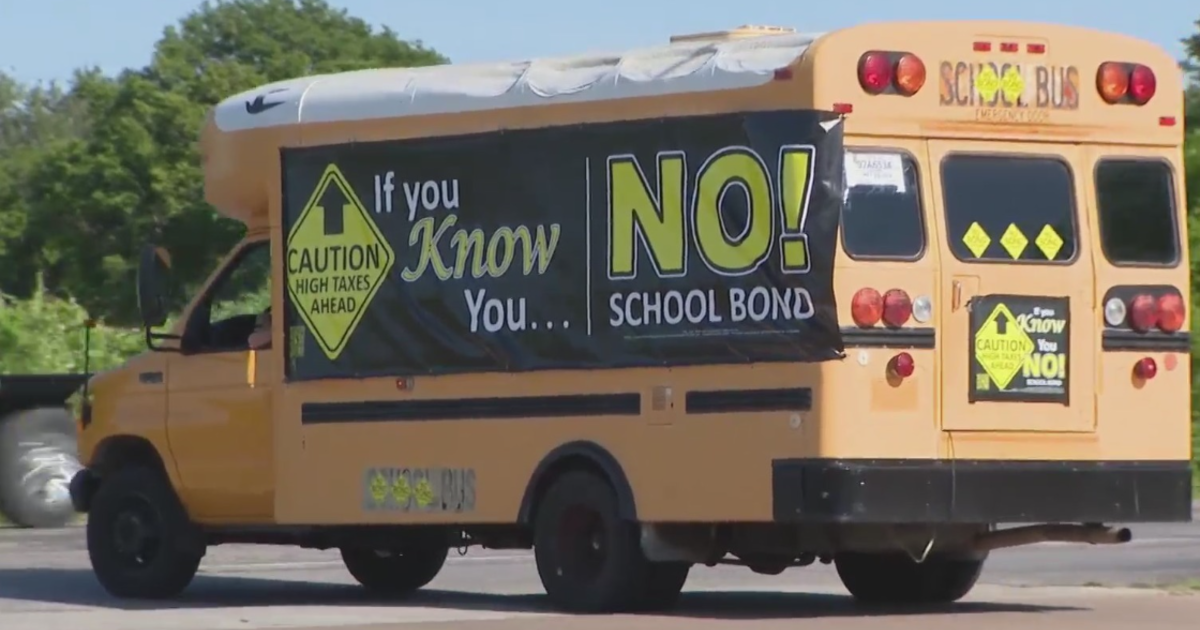Texas Leaders Say It Could Take Up To 3 Months To Eradicate Brain-Eating Amoeba That Killed 6-Year-Old
LAKE JACKSON, Texas — Questions continue in a Texas county where a 6-year-old died after being infected with a brain-eating amoeba. On Tuesday Governor Greg Abbott held a press conference, with the leaders of state agencies, to talk about the steps being taken to find out how the organism got into the water system.
"We're here today because we want to get to the bottom of exactly what caused this problem. We want to get to the bottom of understanding the magnitude to which this problem exists in this community," Abbott said.
The Governor went on to say that state leaders will be taking steps to make sure that they're using every tool possible to fix whatever is wrong and that their goal is to restore certainty in Lake Jackson that residents are going to be safe from any amoeba infestation.
"Make sure that we know exactly where this happened, exactly how it happened, to make sure that it is fixed as quickly as possible and to make sure that it never happens again," he said.
Josiah McIntyre died earlier this month after being infected with the brain-eating parasite. His mother said her son became ill with flu-like symptoms first, but that his condition quickly deteriorated to the point where he had trouble standing and communicating.
On Sunday the Governor issued a disaster declaration for Brazoria County. A boil order is in effect in the area and after examining the water supply, officials now say it will be months before normal, safe water service will be restored to residents.
The Texas Commission on Environmental Quality warned the Brazosport Water Authority (BWA) late Friday that there was a potential contamination of its water supply. But during the Tuesday press conference TCEQ Executive Director Toby Baker said, "I want to be very clear that BWAs water is safe. The residuals in their distribution system are high and we have no reason to think that there's any problem with their distribution system or the water there."
Baker stressed that the Naegleria fowleri amoeba is very rare and said that to his knowledge he didn't believe that its kind had ever showed up in a public drinking water system in the state of Texas. According to the CDC, the Naegleria fowleri is a free-living microscopic amoeba, or single-celled living organism commonly found in warm freshwater and soil.
After discussions with the CDC and state partners in Louisiana, Baker detailed the months-long process ahead to ensure safe water for the area.
"The path forward for the citizens of Lake Jackson is not going to be one that's short," he said. "We have to get through the boil water first, which could take two to three weeks, after that we have to get chlorine levels to a state that can burn the entire system, scour the system, and kill the amoebas. that could take up to an additional 60 days. The CDC is going to be part of that process with us and they've committed to come in and do testing on the back side to make sure that we've taken care of the problem."
Baker said agencies will also be conducting cross-connection surveys to see if there is any places where unfiltered water is entering the water system that the city doesn't know about.
The Lake Jackson area has an estimated 27,000 residents.



